Dancing at Lughnasa at the National Theatre
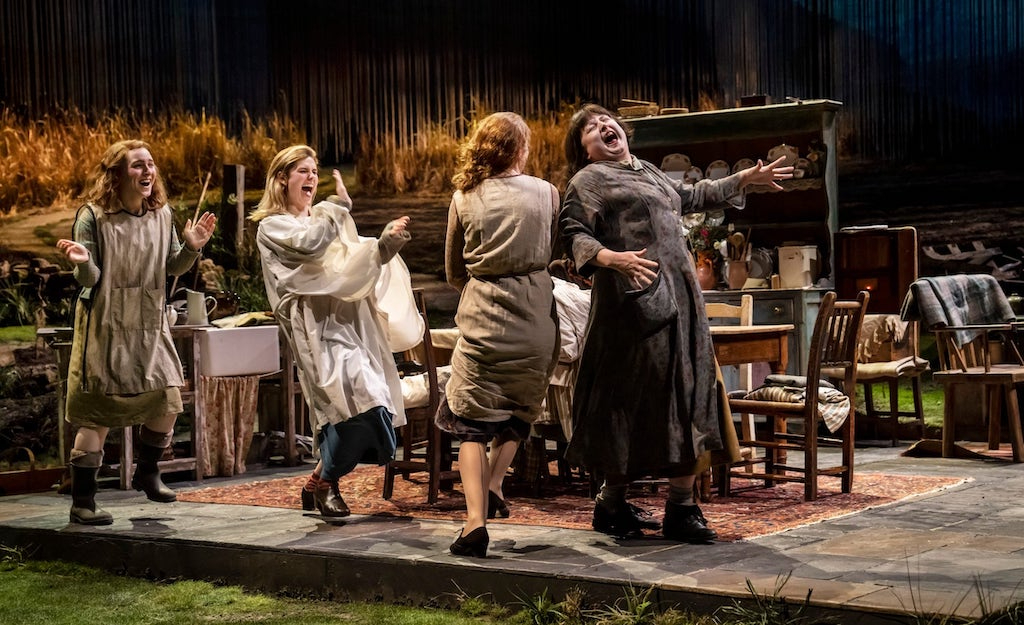
The chasm between appearance and reality is a familiar theme in theatre and is portrayed with particular poignancy in Brian Friel’s Dancing at Lughnasa. The play has made a triumphant return to the National Theatre, featuring a remarkable cast that includes Siobhán McSweeney (Derry Girls), Ardal O’Hanlon (Father Ted), Alison Oliver (Conversations with Friends), Louisa Harland (Derry Girls), Tom Vaughan-Lawlor, Bláithín Mac Gabhann, Justine Mitchell and Tom Riley. Directed by Josie Rourke, the show transports us to rural Ireland in 1936, where we follow the memories of a middle-aged man, Michael (Vaughan-Lawlor), who reflects on his Catholic upbringing amidst the encroaching dangers of economic upheaval and global war.
In this partly autobiographical tale, Michael, the son of Chris (youngest of the five Mundy sisters, played by Oliver), reminisces about his summer spent at a cottage with his aunts: Kate (Mitchell), the strict local school teacher; the boisterous and earthy Maggie (McSweeney); Agnes (Harland) – a character that seems slightly less developed than the others; and Rose (Mac Gabhann), whose mental disability is somewhat ambiguous. The family’s radio, symbolising technological progress, keeps them dancing through their struggles.
Poverty and shame burden the family. Along with Michael, born “out of wedlock” to an unreliable and feckless father, the sisters must care for their missionary brother, Jack (O’Hanlon), who has returned from Uganda with malaria and a muddled blending of Christian and pagan beliefs, much to Kate’s horror. And yet, the sisters’ spirits are sustained by hope, laughter and ecstatic dancing around the kitchen table during the pagan harvest festival of Lughnasa.
Siobhan McSweeney’s electrifying performance as Maggie carries this production, as she embodies the loudest and most outgoing Mundy sibling. She serves as the family’s diffuser of tension, cracking jokes and riddles while handling most of the household chores. Riley’s Chaplin-esque Gerry is delightfully foolish, yet layered with depth and subtle sadness as he repeatedly fails to fulfil his familial obligations and secure a successful career. O’Hanlon’s fragile and moving portrayal of Jack captures his slow return to lucidity, interspersed with poignant glimpses of his longed-for African life. Mitchell, as Kate, skilfully transitions between stern authority and tender hopefulness as her character desperately attempts to keep the family together.
As war looms and the advent of the Industrial Age threatens their livelihoods, the family’s impoverished but joyous existence starts to unravel. But hope endures, as the narrator recalls, through “half-open eyes,” the enchantment of a childhood marked by love, bravery and compassion (tissues are a must during the closing monologue). This emotionally charged portrayal of family life and change is not to be missed.
Constance Ayrton
Dancing at Lughnasa is at the National Theatre from 8th April until 27th May 2023. For further information or to book visit the theatre’s website here.
Watch a trailer for the production here:

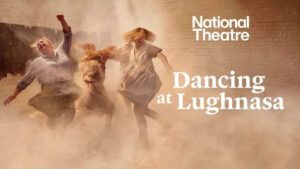
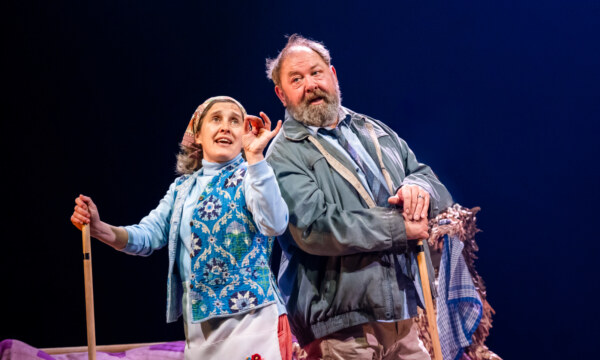
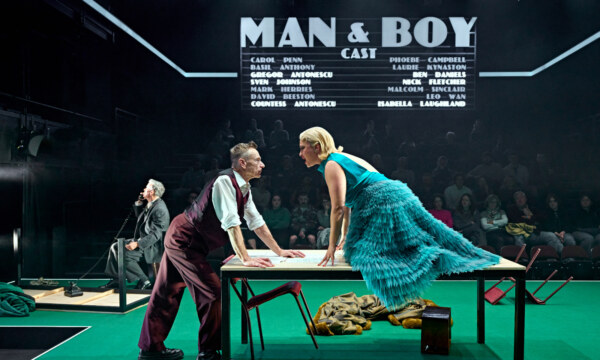
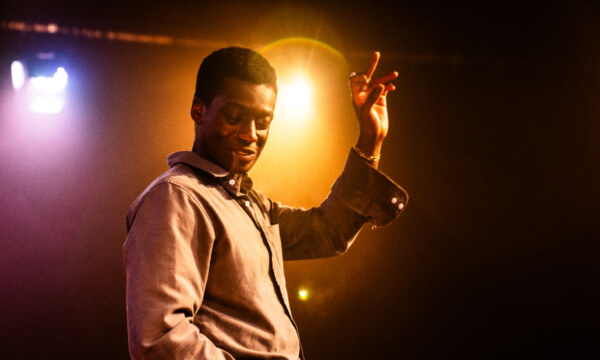
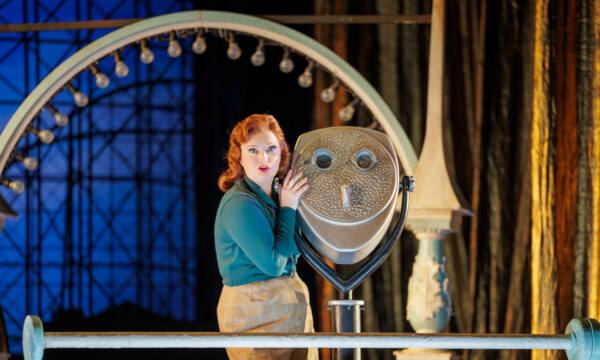
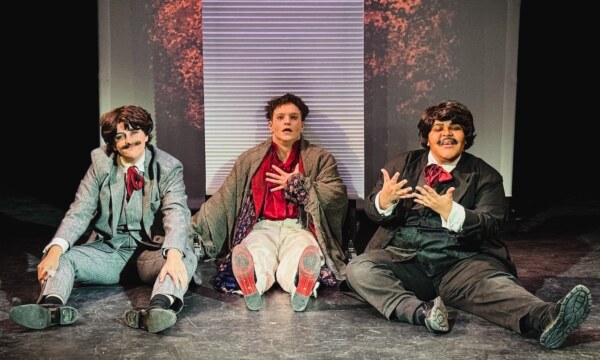
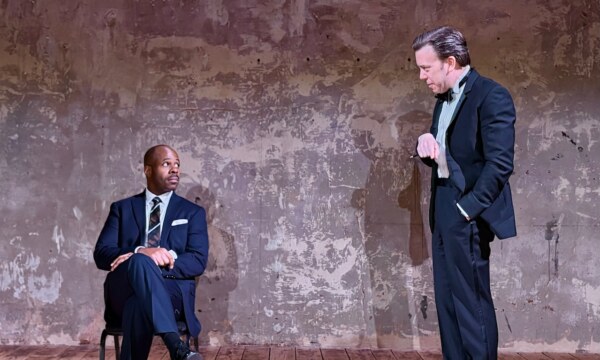
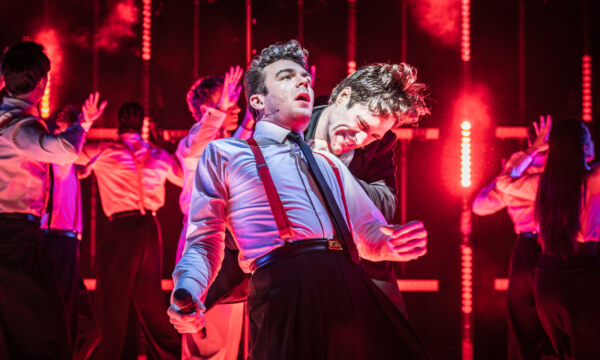
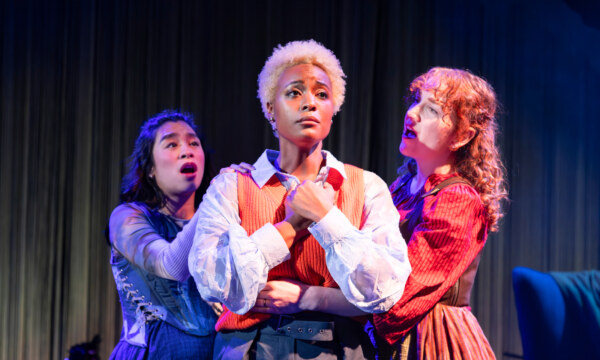
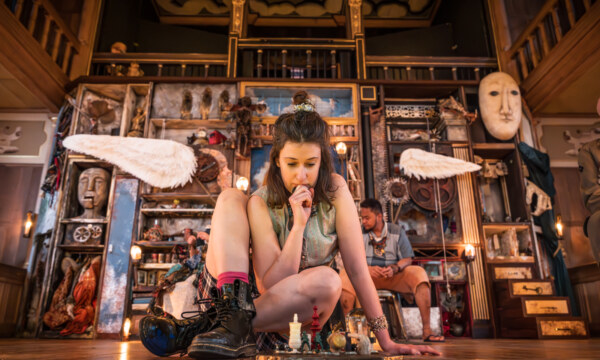


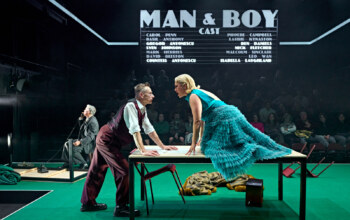
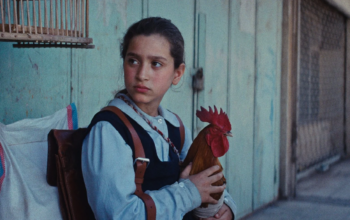

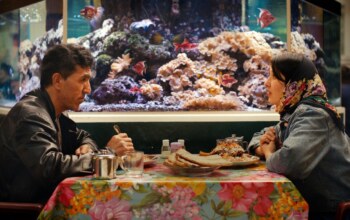



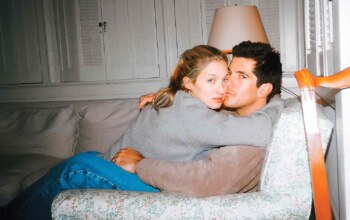





Facebook
Twitter
Instagram
YouTube
RSS